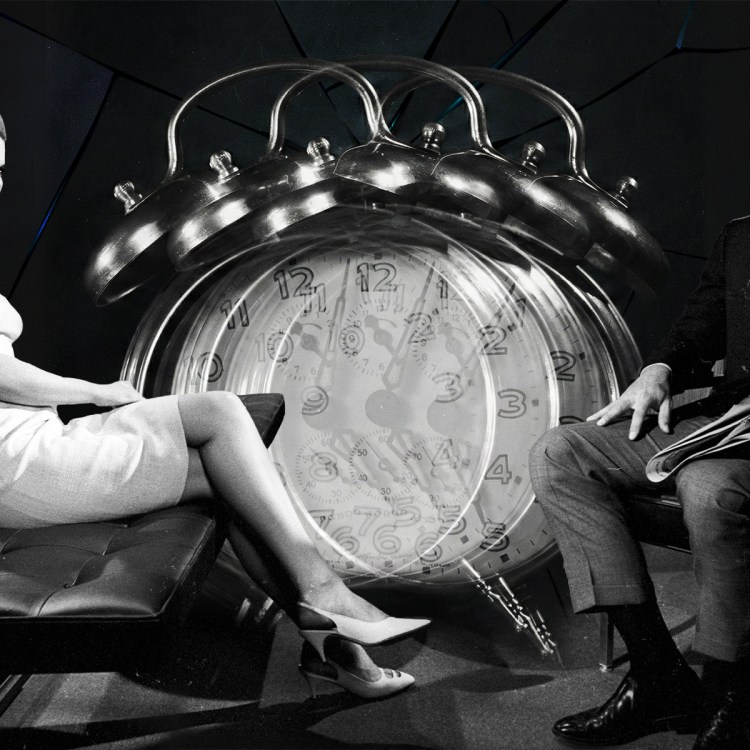Happiness is a superpower. Happy people boast healthier hearts, get sick less often and have fewer aches and pains. They live longer, literally, have more friends, donate more to charity and feel more satisfied with their work as they do.
In American culture, at least, the pursuit of happiness isn’t a polarizing issue. It’s quite popular. It’s hard to imagine too many Americans taking issue with the credo Aristotle wrote some 2,400 years ago: “[Happiness is] the whole aim and end of human existence.” Routinely, though, our behavior seems to be at odds with that end goal. We rely on here-and-there shots of serotonin — retail therapy, social media, binge eating — rather than sculpting sustainable sources of gratification.
This is as good a time as any, as we climb out of this pandemic and ready ourselves for the “great reintroduction,” to collectively reframe our relationship to happiness. The best way to start? By learning how to change your mind.
Epistemic humility, or epistemic modesty, is an intellectual virtue predicated on the idea that one can never know something for sure. Knowledge is imperfect, temporary, under review. At some point down the line, it might be challenged. And when it does, one needs to be receptive, take new information or arguments into account, and allow it to influence an ever-modulating understanding of the world around them.
To be clear, this is extremely difficult to do. The human response system, as Arthur Brooks writes for The Atlantic, is a booby-trapped forest of cognitive biases. Our brains work overtime to convince us that we are right, that our opinions have more value because they were framed by our own experiences. This natural disposition reaches a fever pitch online, where stubbornness and “hot takes” are rewarded with likes and follows, and people prefer to present themselves as confident and incontrovertible.
But it’s all a terrible way forward, assuming you’d like to be happy one day. Humility is positively associated with life satisfaction. And admitting you’re wrong, or at least displaying a willingness to change your mind, won’t just make you feel better — emotionally, biochemically — it’ll make you look better. Flexibility, contrition and open-mindedness: these are attractive traits. Overcoming an initial fear of “looking stupid” or feeling like a “flip-flopper” can be immense, but it’s worth it in the long run.
This isn’t to say that all your core values should suddenly be up for debate. It just means that making a point to actually listen to whomever’s at the door, before slamming it in his or her face, will benefit you on the path to personal gratitude and satisfaction. It’ll reduce your anxiety while making you a kinder, more empathetic person. You know: the sort of person people will actually look forward to being around, once we can start living in public again.
Where does confidence fit into all this? That’s tricky. Confidence has been linked to happiness, repeatedly. But you don’t want unchecked, armchair-expert-style confidence. Put your confidence under interrogation. Make it earn its scars. Marie Kondo your judgments like they’re a bunch of shirts in a cluttered closet. Identify those that can stand up to rigorous re-examination, and hold them dear. It’s the first step in pursuit of a happier year, and a longer life.
The Charge will help you move better, think clearer and stay in the game longer. Subscribe to our wellness newsletter today.



















